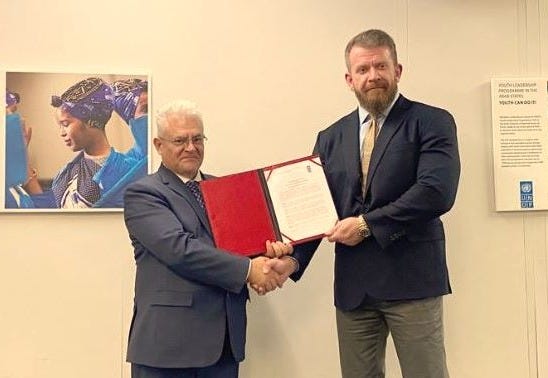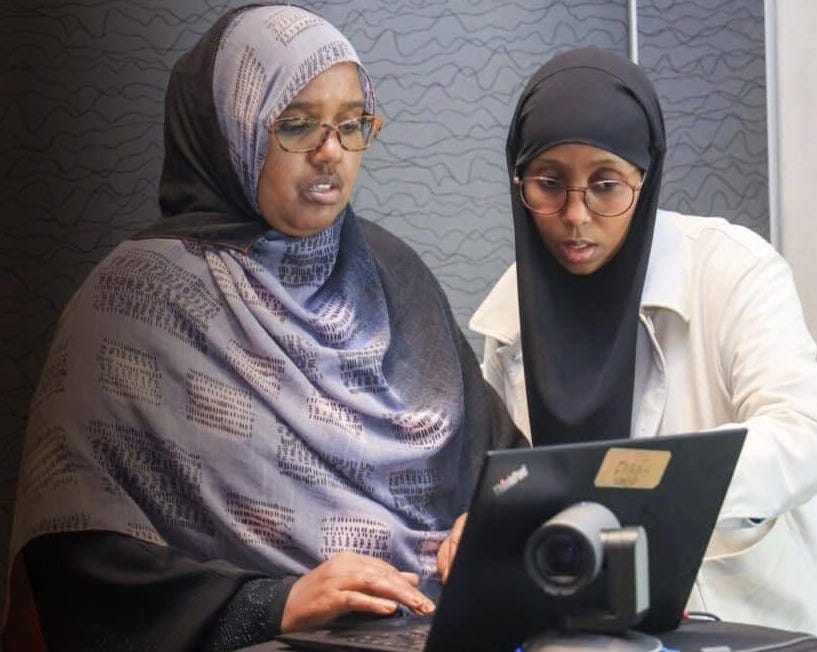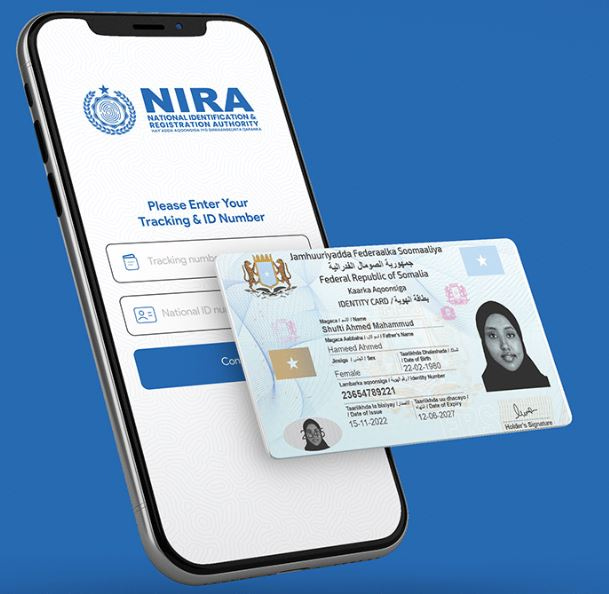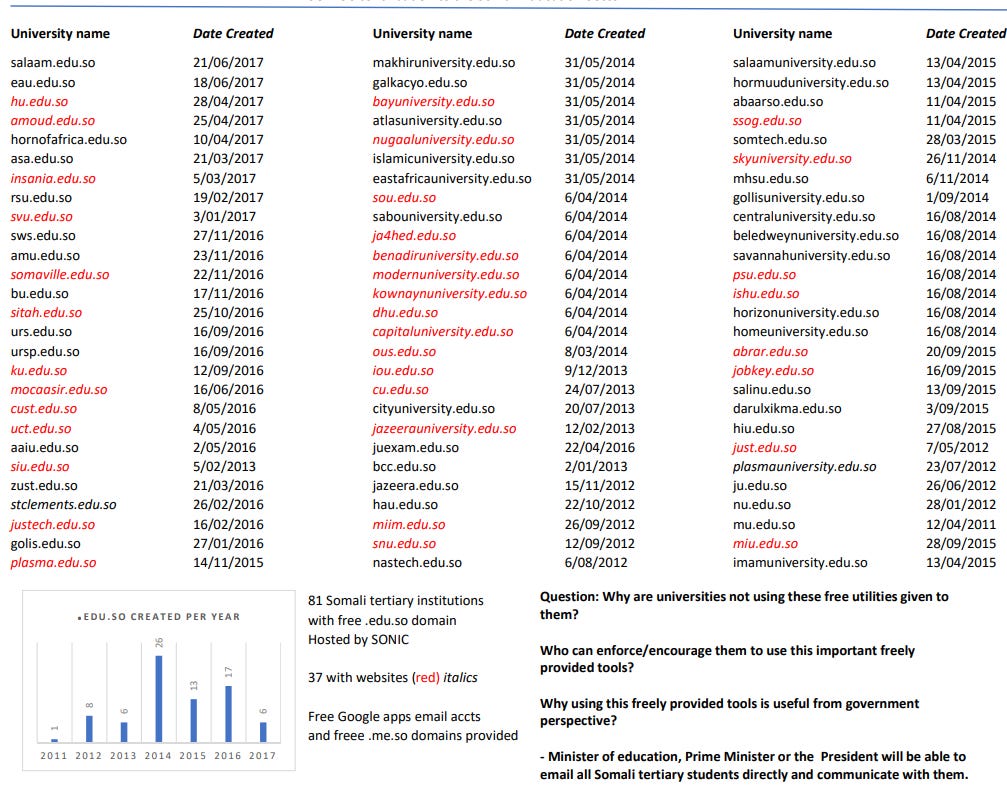
Somalia is set to receive significant support for digital transformation and financial inclusion through a partnership between the United Nations Development Programme (UNDP) and Visa. Announced at the United Nations General Assembly on September 25, 2024, this collaboration aims to improve access to digital financial services for individuals and small businesses, fostering economic growth.
Formalized earlier in September through an MoU signed by UNDP's Lionel Laurens and Visa's Aida Diarra, the partnership focuses on enhancing digital financial services, particularly for underserved communities, and improving public services. Key initiatives will include capacity building for national stakeholders, especially the private sector and institutions like the Central Bank of Somalia and the National Identification and Registration Authority (NIRA). A critical aspect will be advancing Somalia's digital national identification project.
The joint program will also prioritize digital payments for Micro, Small, and Medium Enterprises (MSMEs), youth, and women entrepreneurs. With MSMEs contributing around 80% of employment and facing barriers to financial access, this initiative seeks to enhance access to financing solutions and financial literacy. Laurens expressed enthusiasm for the partnership, highlighting its potential to drive progress toward the Sustainable Development Goals (SDGs) and improve public service delivery. Overall, we are told that this collaboration aims to leverage innovative digital solutions to tackle persistent challenges in Somalia.
The partnership will also contribute to the development of a robust e-Government infrastructure, in line with Somalia’s National Transformation Plan and its inclusive digital transformation objectives.
Both Visa Inc. and UNDP Somalia have committed to sharing key insights and knowledge pertaining to financial inclusion and the digital economy, ensuring that these efforts align with the broader goals of economic resilience and sustainable development in Somalia. This is an area I was researching for the last four years, hence my personal interest, and looking forward to the contribution of UNDP/VISA initiative.
That is all good and certainly a step forward. However, the ‘How,' 'Why,' and 'With Whom' matter for many Somalis, because collaboration isn't just a nice-to-have; it's essential. Understanding the process ('how'), the purpose ('why'), and the people involved ('with whom') both public and private sector, ensures that everyone's efforts are aligned, making outcomes more effective and meaningful. Without addressing these questions, any attempt at teamwork is just wishful thinking. Hence the many questions raised about this MOU between Visa and UNDP Somalia and the urgent need for more information on how this initiative will work.
Education revisited
I had initially intended to provide a detailed commentary on the ongoing education law debate within the Somali Parliament, but I will reserve that for a later discussion. It is, however, important to note that Article 54 of the Somali Constitution explicitly outlines the division of powers between the federal government and federal member states. According to this provision, the allocation of power and resources is subject to negotiation and agreement between the federal government and the member states, with specific exclusions related to foreign affairs, national defense, citizenship, immigration, and monetary policy. This constitutional framework implies that federal member states possess the authority to maintain control over education-related responsibilities (House of the People of the Federal Parliament, 2012).
I raise this point to emphasize that Members of Parliament must not only familiarize themselves with the law they are tasked with debating but also remain mindful of the constitutional boundaries between federal and state authorities. The demarcation of powers as outlined in the Constitution should guide their discussions and decisions on education policy.
Allow me to digress a bit… I would like to briefly deviate from the main discussion to present a list that originates from one of my earlier reports, crafted during my involvement in the Somali education and technology sector. This compilation reflects my observations and recommendations at that time, with my contributions highlighted in bold. These suggestions remain pertinent and continue to offer valuable insights into the ongoing challenges within the sector.
A significant concern that warrants attention in the Somali education landscape is the persistent absence of international conferences, webinars, and seminars. This deficiency hampers the establishment of critical linkages between Somali educational institutions and the broader global academic community, as well as with the Somali diaspora. These platforms are essential for knowledge exchange, capacity building, and fostering collaboration with international experts, which would significantly contribute to the advancement of the Somali education system. I encourage further examination and potential updating of these recommendations to reflect current needs and opportunities for development.
And then this: no comment.
It is both prudent and advantageous to seek external expertise when necessary. Engaging speechwriters allows for the articulation of ideas in a polished and persuasive manner, while research teams provide essential data and insights that enrich decision-making processes. Likewise, interpreters and translators play a crucial role in bridging linguistic and cultural divides, ensuring that communication is both accurate and nuanced. No single individual can claim to possess the totality of knowledge or wisdom; hence, collaboration with specialists is not only beneficial but essential for informed and effective leadership.
Comments and feedback as always welcome….















Share this post